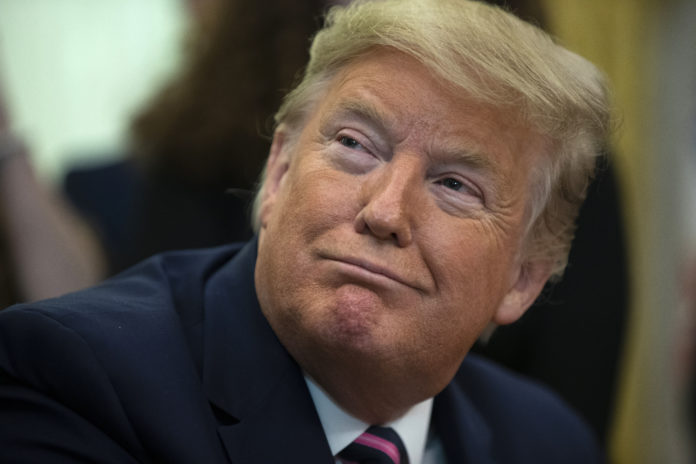
By Meredith Pratt | Staff Writer
On Jan. 16, the U.S. Senate passed the United States-Mexico-Canada Agreement (USMCA). This new trade deal will replace the North American Free Trade Agreement (NAFTA), which has been in effect since 1994.
The deal was signed in late 2018 by President Donald Trump, Mexican President Enrique Peña Nieto and Canadian prime minister Justin Trudeau. Since then, it has been ratified in Mexico and now the United States. The agreement vote will be held in Canada on Jan 29.
The agreement passed the U.S. Senate in an 89-10 vote, with 2020 Democratic candidate Bernie Sanders being one of the 10 to vote against the deal.
Sanders, also an opponent of the NAFTA agreement, said that the USMCA did not do enough to combat climate change and improve environmental practices.
A press release on his website states, “There is a reason why virtually every major environmental group is opposed to Trump’s NAFTA 2.0. This agreement does nothing to stop fossil fuel companies like Exxon Mobil and Chevron from dumping their waste and pollution into Mexico and destroying the environment.”
Alternatively, Houston resident and president of the International Association of Drilling Contractors, Jason McFarland, sees the new agreement as a “huge win for Texas.”
In an article from the Houston Chronicle, McFarland said that the USMCA will promote the oil and gas industries, which are a “critical component of Texas’ economy.” The USMCA promises to streamline energy trade by guaranteeing automatic export approval and enforcing zero tariffs.
On Jan. 19, Trump made an appearance at the American Farm Bureau Federation Annual Convention and Trade Show in Austin. He stated that the USMCA will “massively boost exports” for farmers and ranchers, encouraging yet another of Texas’ largest economic sectors.
Baylor global business professor Wayne Hampton teaches his classes about different trade theories and likened the new USMCA agreement to 17th century mercantilism because surpluses with other nations are encouraged.
The opposite of a trade surplus is a trade deficit, which occurs when a country imports more than it exports.
The U.S. currently has a deficit with Mexico of $81 billion and $20 billion with Canada. Trump has said he is hopeful that the new trade agreement will boost American wages and job growth as well as reduce our trade deficits.
“Many economists believe that free trade is a positive-sum game in which all nations involved win. President Trump seems to approach trade as a zero-sum game, with winners and losers,” Hampton said.
Baylor researcher and former professor of International Trade policy, Dr. Joseph McKinney’s evaluation of the USMCA agreement is not one of complete approval.
McKinney has testified on NAFTA before state and national legislative committees and before the United States Trade Commission. He has also authored several publications on the subject.
He said that while USMCA does make certain necessary updates concerning intellectual property rights within the region, including patents and trademark protection, “it restricts trade through onerous rules of origin requirements.”
A key change between USMCA and NAFTA includes legislation that says vehicles manufactured within North America must have 75% of their components manufactured in the U.S., Mexico or Canada — an increase from the NAFTA requirement of 62%.
McKinney said he believes that this will make the U.S. auto industry less competitive internationally.
However, the agreement specifies that 40% or more of the car components manufactured within the region will be made by workers that make a minimum of $16 per hour, which is intended to benefit the U.S. auto industry.
“It is far better than having no trade agreement amongst the countries of North America,” McKinney said.
USMCA will be reviewed by all three parties in six years to ensure the deal is still endorsed and up to date.





